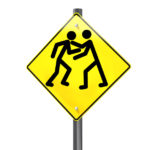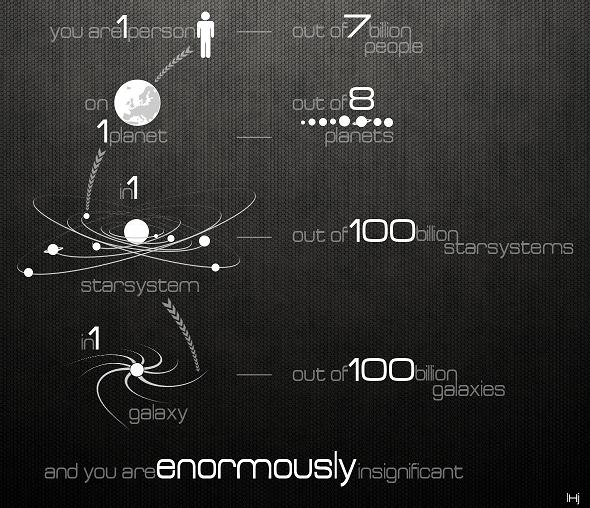… or the shop floor, or the accounting office, or the basketball court.
Road rage is defined as aggressive or violent behavior stemming from a driver’s uncontrolled anger at the actions of another motorist. (www.DMV.org).
Replace “driver” and “motorist” with “person” and suddenly you find examples of
rage in a lot of diverse environments.
In line at a bank. Sitting next to a Cubs fan at a Cardinals game. When someone you rely on for accurate information has either failed to present it or presented inaccurate data.
What’s the common thread?
Someone didn’t do what someone else expected. It’s really as simple as that.
I’ve frequently counseled that “Expectation is the foundation of frustration.” And what is rage but an extreme case of frustration?
When I’m frustrated, I can usually contain my anger by breathing deeply and mumbling under my breath and letting the moment pass. It of course depends on how off base the behavior is compared to my expectation. Or perhaps it depends on the cost (in money, time, or reputation, all real or imagined) to me of the particular offense.
The National Highway Traffic Safety Administration (NHTSA) reported that injuries due to vehicle crashes increased by 18.4% from the first half of 2020 to the first half of 2021. While not blaming COVID-19 directly, they posit that unusual amounts of stress removed a lot of patience from the US driving experience. They also report that greater than 50% of all injury accidents contain an element of road rage.
I think it’s rather easy to conclude that accidents due to road rage cost the participants, their families, the jobs they leave behind (or are limited to while recovering), and the employers who pay them for their contribution. It’s a drain on the system.
Mix in unmet expectation (e.g., “This situation doesn’t fit my Knower/Judger understanding of what SHOULD happen.”) with stress (that component that keeps me from accessing my Learner/Researcher) and I can just REACT! I find reacting from that foundation to be frequently unproductive, and possibly destructive.
Now let’s look at the underlying parameters of road rage and map them on other not-so-obvious environments.
A set of plans sent to the shop floor may not be adequate to complete the job on time, which (to the floor supervisor and perhaps his job description) is the metric by which he or she is judged. How does he respond? Can you say “blame game”?
Two vice-presidents vying for the favor and attention of the board chair agree on a marketing strategy in advance of the monthly board meeting. When presenting, one of them proposes a different strategy, which threatens to lessen the other’s role. How does he respond? Can you say “undercutting”?
And in stressful office environments, people just don’t seem to like each other and find themselves hopelessly tangled in unproductive games and wasted energy. They blame each other and waste time and money while wanting their own egos to win. Can you say “cat fight”?
Applying the basic parameters of road rage to other areas as I’ve done above is a way to see the lack of clarity. Having to meet my own immediate emotional needs (run the other guy off the road, make the design team look bad, or the other vice president, or get the other office mate fired) rather than look up the road (pun intended) and create an environment where the team (the other driver and me, the whole manufacturing exercise, the strategic decision-makers of the company or the productivity of a department) proceeds productively.
Every organization where I have coached over the last 20 years has had road ragers who react emotionally instead of rationally. The degree to which a leader can minimize the effects of the rager is often the key to his or her success. The games that ragers play can create an effect similar to having sand in an engine. The engine can run, but I guarantee it will run a lot better when no sand enters in the first place.




